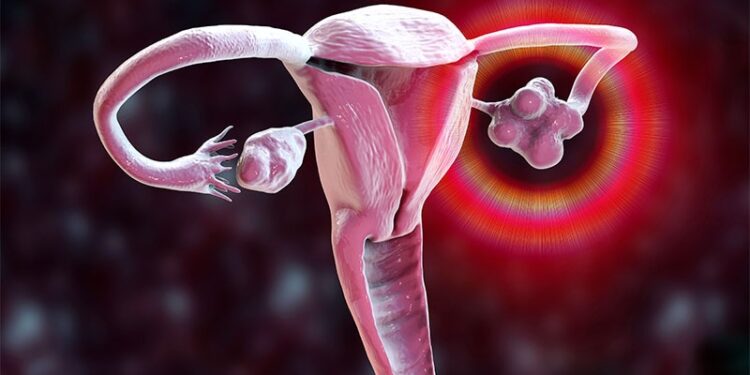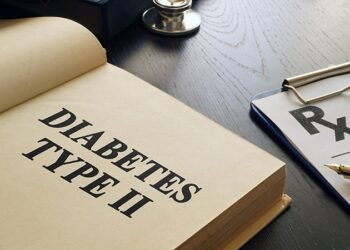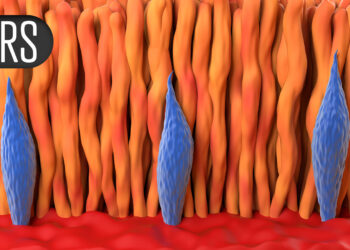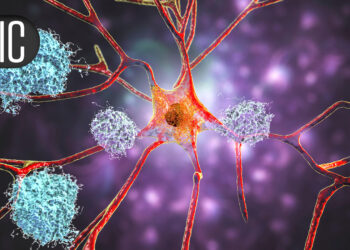TOPLINE:
Compared with placebo administration, supplementation with beta-hydroxybutyrate, a ketone body, lowered levels of androgens and glucose in women with polycystic ovary syndrome (PCOS), suggesting its potential as a non-pharmacologic approach for managing the condition.
METHODOLOGY:
- Researchers in Denmark conducted a randomised crossover trial to examine the acute effects of beta-hydroxybutyrate supplementation on levels of androgens and glucose in women with PCOS.
- They recruited 20 women (median age, 26 years) from a PCOS outpatient clinic and randomly assigned them to receive either a beta-hydroxybutyrate supplement (30 g) or taste-matched placebo.
- Participants received either intervention in two doses: One at 10:00 PM the night before and another at 6:00 AM on the morning of blood sampling, after fasting overnight; after a minimum washout period of at least 3 days, each participant was administered the alternate intervention.
- Participants avoided vigorous exercise and adhered to national dietary guidelines.
- The primary endpoint was a change in the level of total serum testosterone.
TAKEAWAY:
- Levels of 11-oxygenated androgens were significantly reduced with beta-hydroxybutyrate supplementation compared with placebo administration (P < .05 for all).
- Serum concentrations of testosterone, free testosterone, and androstenedione tended to be lower with beta-hydroxybutyrate supplementation than with placebo administration, but the effects were not statistically significant.
- Compared with placebo administration, beta-hydroxybutyrate supplementation significantly reduced the level of fasting plasma glucose (mean difference, −0.5 mM; P < .001).
- Higher baseline levels of testosterone were associated with greater testosterone-lowering effects of beta-hydroxybutyrate supplement, according to a correlation analysis.
IN PRACTICE:
“The reductions in these markers observed in our study suggest that BHB [beta-hydroxybutyrate] supplementation modulates the androgenic profile in women with PCOS, potentially offering a novel therapeutic approach for addressing hyperandrogenism,” the authors wrote.
SOURCE:
This study was led by Nikolaj Rittig, MD, PhD, Aarhus University Hospital, Aarhus, Denmark. It was published online on May 20, 2025 in European Journal of Endocrinology.
LIMITATIONS:
This study had limited statistical power for identifying smaller changes in testosterone levels. It focused on short-term effects of beta-hydroxybutyrate supplementation. Additionally, irregular menstrual cycles of participants prevented controlling for menstrual cycle phase during interventions and blood sampling.
DISCLOSURES:
This study was supported by The Aase og Ejnar Danielsen’s Foundation and Novo Nordisk Foundation. The authors reported no relevant conflicts of interest.
This article was created using several editorial tools, including AI, as part of the process. Human editors reviewed this content before publication.
Source link : https://www.medscape.com/viewarticle/ketone-supplement-can-help-control-androgen-levels-pcos-2025a1000d09?src=rss
Author :
Publish date : 2025-05-27 12:00:00
Copyright for syndicated content belongs to the linked Source.














